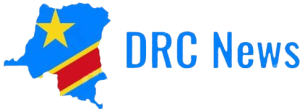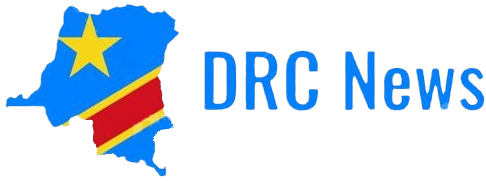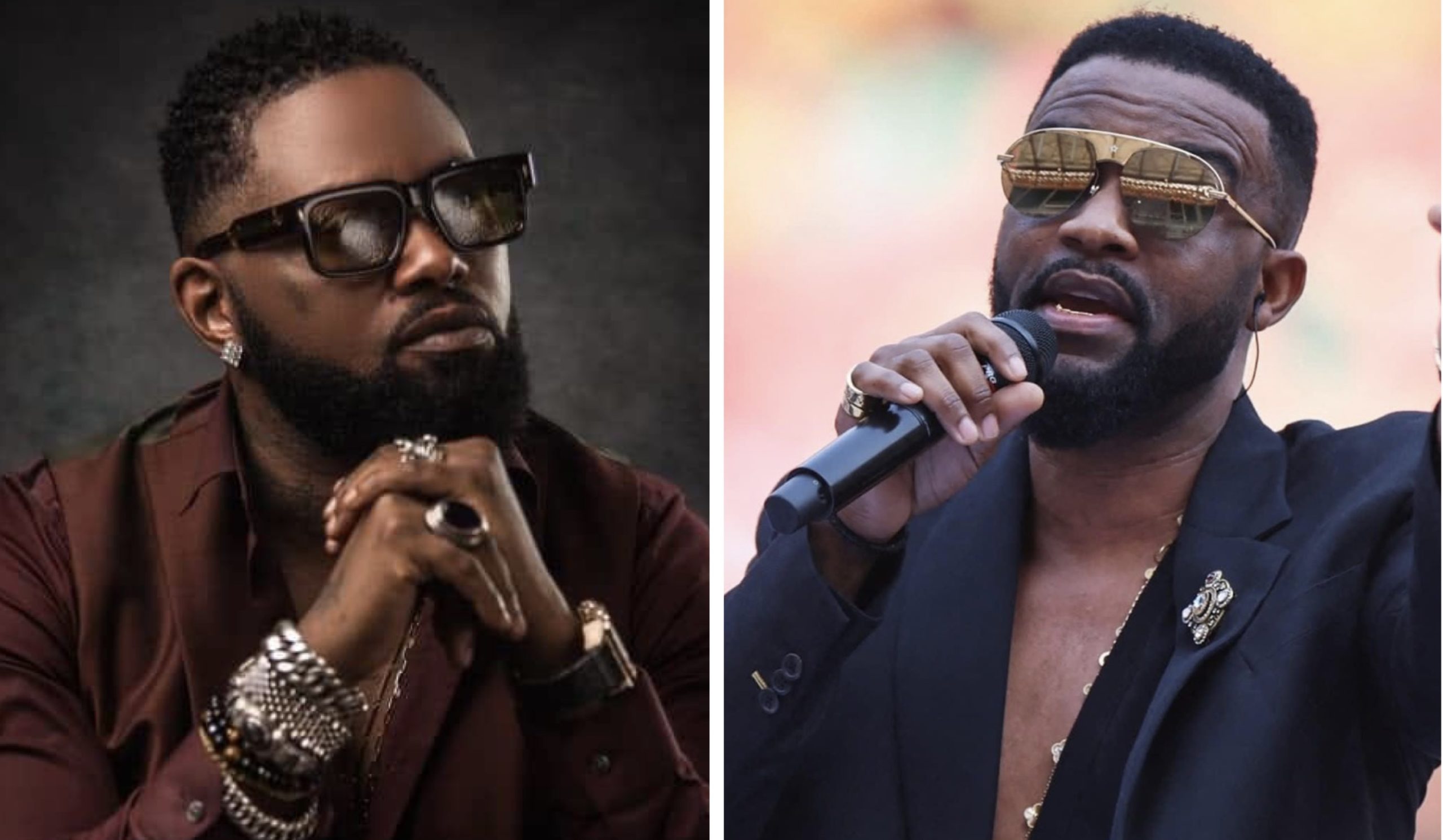Fans are divided over who is the real king of the Congolese music scene. On the one hand, there are Fally’s fans and on the other, Ferre’s devotees. The aficionados of both stars agree on (almost) nothing.
Fally Ipupa and Ferre Gola are both associated with the famous Congolese rumba, which made UNESCO’s list of intangible cultural heritage in 2021, making them the two stars of the current music scene. Their paths crossed in the early 2000s through Quartier Latin, Koffi Olomide’s band.
Following this experience, each of them embarked on solo careers. Although both of them have enjoyed great success, they attract very different audiences: Fally’s fan’s are known as the Warriors, while Ferre’s are referred to as the Golois.
‘The Eagle’, the ideal son-in-law
Born in December 1977 in Kinshasa, Fally Ipupa made his first musical debut at the age of 20 with Talent Latent, a small group little known to the general public. Spotted by Olomide, he joined his mythical Quartier Latin, but only made a name for himself when he left the group to embark on a solo career. In 2006, he released his first album: Droit Chemin (with Obouo Productions, the label of Côte d’Ivoire’s David Monsoh, who produced Olomide). The following year, Ipupa became the first Congolese artist to perform to a full house at the legendary Olympia stage in Paris.
‘The Eagle’ or ‘El Magnifico’ (some of his many nicknames) has certainly earned the star status that he has enjoyed for years. A singer and an excellent dancer, adored in many countries of the continent and by the diaspora, Ipupa enjoys great popularity worldwide. He has held mega-concerts in major venues, such as the AccordHotels Arena (ex-Bercy) in Paris in February 2020. His hits include ‘Droit Chemin‘, ‘Eloko Oyo’ (2017), ‘Canne à Sucre’ and ‘Aime-Moi’ (2018), not to mention ‘Bloqué’, from his seventh solo album, Formule 7, which was released in 2022.
“Fally has a melodious and nuanced voice. His lyrics are touching and very good. Furthermore, he invents sharp melodies and adapts to different styles of music. This is reflected in his discography. He has collaborated with several foreign stars: R. Kelly, Youssou Ndour, Charlotte Dipanda, etc.,” says Fanfan Nsumpi, a music columnist in Kinshasa, who has followed Ipupa and Gola’s careers.
Fally does not touch alcohol or tobacco. Although he is reputed to know many people, especially in his native Kinshasa town of Bandalungwa, his circle of friends remains very small and has not changed much in 20 years. He is a private person who is very close to his family. As a UNICEF ambassador, he skillfully cultivates his image as the ideal son-in-law and has never been involved in sexual scandals or immoral activities, unlike other artistes of his generation.
‘Goosebumps, the Golois’ idol’
Gola – whose real name is Hervé Gola Bataringe – was born in 1976, also in Kin, in the Kintambo commune (neighbouring Bandalungwa, where Ipupa was born). His uniquely smooth voice has a proven reputation for making (almost) everyone who listens to his music fall in love with him. It also ‘transports’ them, for the duration of a song, into a world of sweet happiness, hence the nickname ‘Goosebumps’, which he has been affectionately known as since the beginning of his career.
Gola was barely 19 years old in 1995 when he caught the eye – and ears – of Werrason, one of the headliners of the group Wenge Musica, who recruited him. 10 years later, he joined Olomidé’s Quartier Latin orchestra and began a solo career in 2006 – like Fally – by releasing his first album: Sens Interdit.
Since then, the 2000s star has become a Congolese musical icon. At 46, Le Padre – another of his nicknames – is now considered one of DRC’s most talented singers. His vocal technique is exceptional. Among the singer-songwriter’s must-have tracks are ‘Vita Imana’ (released on Wenga Musica Maison Mère’s album Solola Bien in 1999), ‘Jugement’ (2016), ‘Pyromane’ (2021), ‘Carte Rose’ and ‘Rumba Trap’. These tracks are from his fifth studio album, Dynastie, which was released in 2022.
“Ferre is undoubtedly one of the most beautiful voices in Democratic Republic of Congo. He is following in the footsteps of the greats, such as Tabu Ley and Papa Wemba,” says Nsumpi. Although he does try to explore new musical genres, Le Padre draws his greatest inspiration from Congolese rumba, which he continues to modernise. He is one of DRC’s cultural ambassadors, who, through their lyrics, make the Lingala language shine abroad – from South Africa to Canada, via Belgium and France – where each of his singles is a hit.
The Padre is known for having a strong personality and not blindly following orders. He is said to be introverted, “not very talkative”, and very attached to his circle of artistic agents and various collaborators.
A non-aggression pact?
Ferre and Fally, who had been sniping at each other for years, have recently been showing a great amount of restraint. They avoid shouting at each other, even if an insidious question offers them the opportunity to do so on a TV set. It is as if they have tacitly concluded a kind of non-aggression pact.
However, most of their young fans, for whom the two stars elicit a real fascination, are still at each other’s throats. For a few years now, the Web and social media have become battlefields for two clans of “fanatics”. Their objective is to tarnish the image of the “leader opposite”. Whatever he does, whatever he says, Fally never finds favour with Ferre’s unconditional supporters, and vice versa.
Between the two camps, the partition seems irremediably watertight. Ipupa’s fans, the Warriors, and Gola’s fans, the Golois, are constantly competing with each other to praise the prowess of their idols, including by spreading fake news. However, this exacerbated rivalry is limited to verbal attacks and biased publications, for now.
Neutrality is frowned upon within these Congolese fan circles. Someone has to be either pro-Ferre or pro-Fally, just like people had to be either pro-Werrason or pro-JB Mpiana not so long ago, after Wenge Musica, of which they were the stars, broke up in 1997. Many Congolese are still nostalgic for this group from Bandalungwa, a town renowned for its cultural dynamism and lively nightlife.
XXL concerts and popularity test
In October 2022, to celebrate his 15-year career, Fally put on an XXL show worthy of his status at the Martyrs’ Stadium in Kinshasa, the country’s largest sports stadium with 80,000 seats. It was so full that even after standing in line for several hours, some fans could not get in. Unfortunately, the great musical event was tragically marred by the deaths of a dozen people in a stampede, the circumstances of which have not yet been clarified.
Gola is scheduled to perform at the Martyrs’ Stadium in June 2023. His detractors go after him relentlessly, saying this concert will be a test of his popularity and that Ferre will have difficulty filling the huge stadium. However, the Padre’s fervent supporters are not worried, as they believe in the popularity of their idol, “whose know-how is unanimously agreed upon”, and assure them that their champion will do “better than the others”.
SOURCE: THE AFRICAN REPORT


